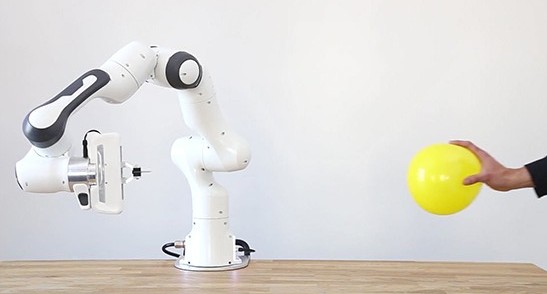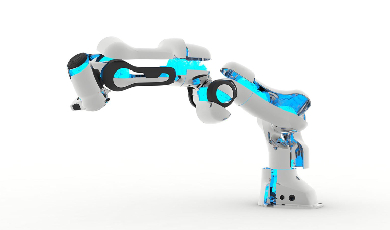【video】application of Franka Emika co-robot in die casting and related industries
Abstract:
【video】application of Franka Emika co-robot in die casting and related industries
1
Coutesy: Franka Emika
Yizumi and German company Franka Emika entered into a partnership in February. According to the agreement, Yizumi has obtained the dealer qualification of Franka Emika in China, and sells Franka Emika cooperative robot, a world-famous product in the Chinese market, and carried out in-depth research and development and cooperation in application fields.


So in die casting and related fields,
What are the applicable scenarios for Franka collaborative robots?
Manufacturing generally faced with the current domestic: price pressures, production line management challenges: flexible and switch, the lack of labor productivity increase demand, product quality improvement requirements, the trend of the future is to: to market faster, more stringent manufacturing cycle, higher equipment efficiency, further reducing Labour costs. However, with the increasing one-time investment of production equipment and the continuous improvement of automation, the production process is more and more exclusive of labor, and the gap between equipment and operators is also deeper and deeper.
But since unmanned factories are not a panacea, machines will have to be produced in tandem with humans for a long time to meet individual, multi-species, small-batch, flexible and intelligent production needs. Cooperative robot is to break the "cage" of the security fence, which exactly meets the market demand at this stage.

A collaborative robot, or co-robot, is defined by wikipedia as a robot designed to interact closely with humans in a Shared workspace. By definition, collaborative robots have been distinguished from traditional industrial robots, which are more operator - and investor-friendly, and easier to redeploy and reprogram than enigmatic industrial robots placed in security fences.
For a long time, users have been hoping that robots can sense the force and contact surface, as sensitive as human beings. And Franka collaborative robot, 7 joints completely bionic design, each joint distribution of torque sensor, the resolution of the torsion 0.05 N, or less response time is 2 or less ms, repetitive positioning accuracy of 0.1 mm, the safety protective measures of collision is stopped, this makes Franka collaborative robot is not only very safe, and can complete the traditional pick-up, spraying operations, complete precision detection, Mosaic, assembling, pallet, grinding polishing process.
In addition to effectively avoiding the shortcomings of traditional industrial robots that only rely on programming to perform tasks in accordance with existing procedures and lack of flexibility, Franka cooperative robot can also adapt to industrial errors of products and process errors of production without the need for visual assistance, ensuring continuous production.
In the current production scenarios of die casting and related industries, the period from the solution negotiation of robots to the later deployment and implementation to the final mass production is about 3 months. The period is long and the use in the later period can only be limited to professional equipment personnel.
Based on the out-of-the-box standard of the European Union, Franka cooperative robot takes no more than 30 minutes from unpacking to deployment. The deployment of the robot is more flexible and convenient, whether it is station adjustment or production line replacement, which can ensure the factory to put into production faster. At the same time, with G language graphical programming and intuitive operation interface, ordinary employees can master the task setting within 30 minutes to 2 hours, which is easier to popularize and popularize. At the same time, the internal joints of all robots are self-lubricated with oil-bearing bearings, and the whole life cycle is maintenance-free, requiring no daily maintenance. In addition, the power consumption is only 10-20% of the traditional industrial robots, which greatly reduces the use cost.





